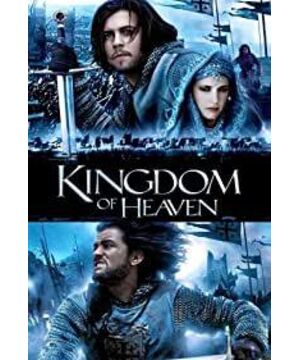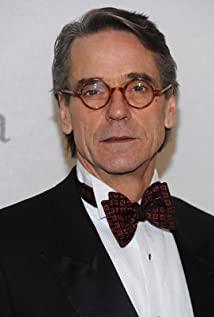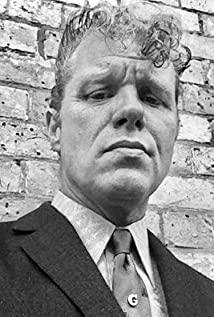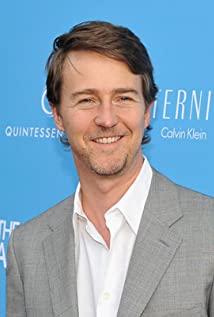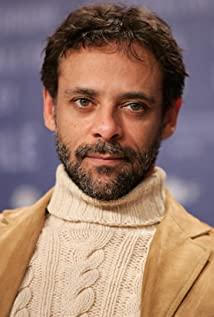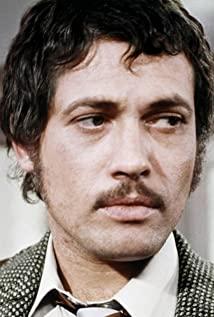It's been more than a month since I watched "Kingdom of Heaven", and I still can't stop watching this film. I'm not as well-informed as my professional neighbors, but I always feel that this film is unique. It is beautiful, like a painting, but there are three kinds of pictures: the picture, similar to the exquisiteness of "Queen Margot", but not only that; like a classical painting, it is extremely rich, even in terms of the length of the director's version. Condensed; like a long picture scroll, it is slowly opened, which is what the impatient films do not do now: many films are too eager to explain things clearly, it seems that they cannot move the audience without this, but "Heaven" often only uses foreshadowing, which In fact, it is better to bring in, because it allows the viewer to exert his cognitive ability.
I just want to talk about the second point, that is, the sense of classical painting: some shots are not long, but the information is extremely dense. Let me explain it only with the paragraph "Saladin's Camp" after the interlude. At this time, Saladin, the leader of the Arab world, had just made peace with the king of Jerusalem, but a family in Saladin's alliance was dissatisfied with the peace talks and came to the camp to persuade him to fight. This passage is Saladin's counterpart. The following are the lines from the English script, with slight changes in the film. This paragraph is only less than two pages, and only about two minutes in the movie, but the director added a lot of scenes to it.
First of all, the setting of this play is already in place. Mullah (the main fighting faction in Saladin's alliance) came with a brigade of light cavalry, and came to persuade him to fight on the way of Saladin's retreat, without waiting for the army to return to the city. It can be seen that Mullah is impatient and still expects the army to return halfway, or is eager to ask the reason. When they came to Saladin's tent, Mullah left the guards outside and entered alone. Imad next to Saladin stood up, but Mullah did not greet the general of the guards of Saladin, which shows his status. But Imad knew that the visitor was bad and kept holding his arms to him. What's more worth mentioning is that when Mullah just walked into the tent, the voice-over dubbed the sound of a door. I have seen someone mention that the sound of this kind of door is like the sound of the city gate rising and falling in the game "Age of Empires", which shows the defense of the camp and the skill of dubbing. In addition, it can be seen in other shots that Saladin's guards are also played by middle-aged men. It is the personal guard for many years and the intention of choosing the role.
Let's not dwell on these details for now. The following are the lines of this play, the crossed out place has nothing to do with the actual scene presented in the director's version:
It can be seen in this line that Mullah's character setting is actually very simple: a religious fanatic, whose long-cherished wish to take back the holy city is entrusted to the name of God. Even when Saladin mentioned the inferiority of the Arab world before, Mullah blamed it only on "original sin" (sinful). What is worth considering is the design of the character of Saladin in the film. He can become a leader, obviously not only rely on military exploits. These simple sentences fully reflect that he knows how to talk to those religious fanatics. He would transform his words and mention his military exploits, and he would change his words in an instant, saying that it was "God sent me". Even in the face of Mullah's threat to his leadership, he knew what to say to hold the other side up and emphasize his loyalty to his faith. But at the end of the day, the end of this paragraph also shows that Saladin is not the kind of person who fights for his beliefs. The battle that followed was his choice as the leader of the Islamic world.
In fact, this is the essence of the whole film. The film does not only focus on rendering the halo of the characters, but puts the will of these people, especially the will of historical leaders, into the situation he is in, so that the historical situation is greater than the individual will, or In other words, let the individual's will not exceed the limitations of the current situation and do his limited play. This is the epic handwriting of the macro. And this film never simplifies the way of expression, but depicts the characters with details. These places are not written in the script, and you have to look at the pictures to know. For example, Saladin would have been sitting because he was familiar enough with Mullah to know his words and know how to deal with them. Even if the latter threatened ("You can't be king for long"), Saladin was not moved , but the guard Imad felt offended by this person and greeted Mullah. Saladin stood up and stabilized the scene, because it was of course the last resort to fall out with the power of the family just because of a few words.
In short, this film is very powerful in the expression of a leader's mediation ability. And the film is not satisfied with the beauty of one segment. In this line, Saladin mentions the army's disadvantage in terms of fresh water resources, and the audience may remember that in the reconciliation before the interlude, the Jerusalem Crusaders resisted the glittering cross and walked over the misty lake. This scene Not only for aesthetics, but also for the actual plot, that is, the crusaders controlled the water source in this confrontation, and their horses were drunk, unlike Saladin's army who marched here.
The film is full of respect for the legend. If it comes to movies, this kind of politics in the play seems to be unchanged for thousands of years. The leaders here are never that simple. There will always be people eager to give up their wills, and so there will always be leaders who will subdue them. It may be a skill to make good use of the emperor's technique and secure a seat. But using this technique to change something, or, like Saladin in this script, cherish the opportunity of peace and achieve mutual respect, is probably rare in a thousand years.
View more about Kingdom of Heaven reviews


